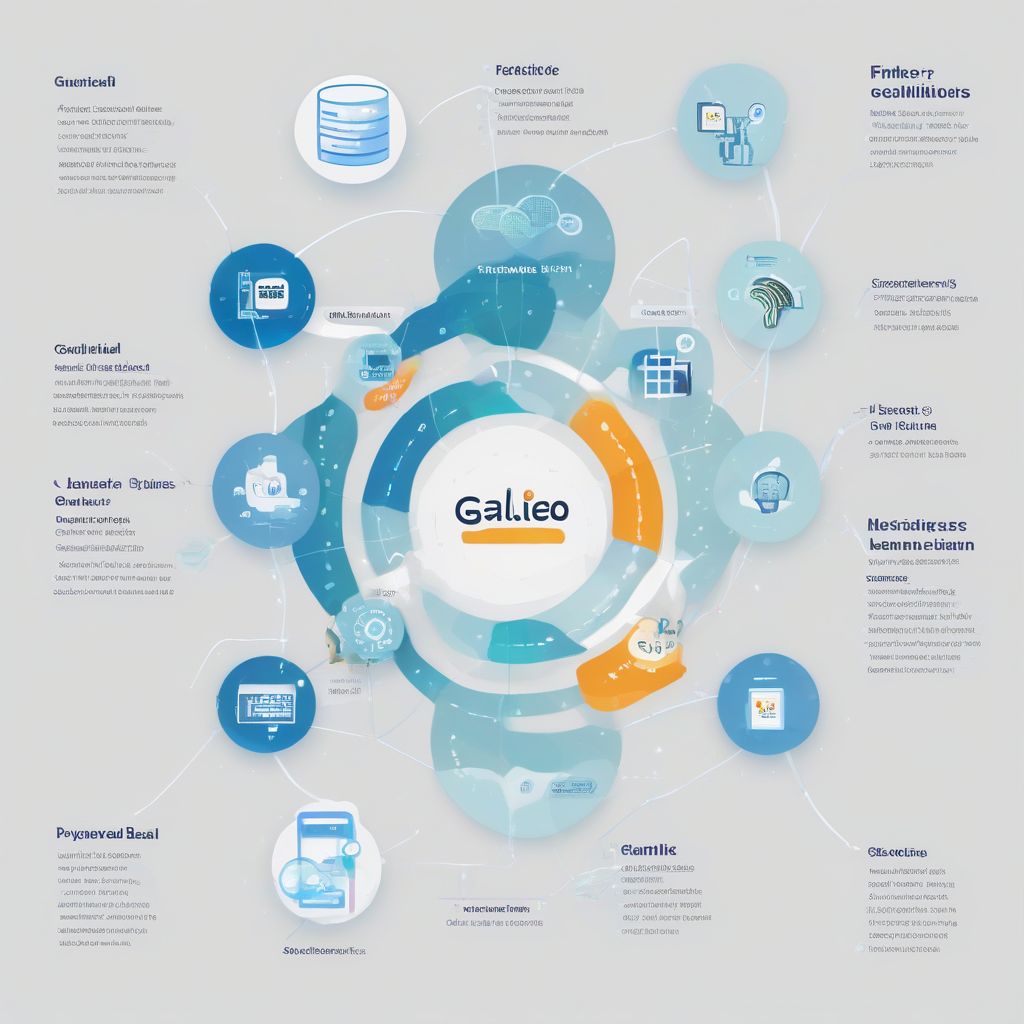In today’s economy, a solid education is one of the most valuable investments you can make. However, the rising costs of higher education can be a significant barrier for many. This is where financial aid comes in, and with the rise of online learning, more and more students are looking for decorkhonggian.com/schools-that-accept-financial-aid-online/">Schools That Accept Financial Aid Online. This comprehensive guide will explore everything you need to know about finding and funding your online education, helping you make informed decisions about your future.
Understanding the Importance of Financial Aid
Financial aid is crucial in making education accessible to a wider range of students, regardless of their socioeconomic background. It can help alleviate the burden of tuition fees, living expenses, and other education-related costs. Let’s break down some key aspects:
- Types of Financial Aid: Financial aid comes in various forms, including grants, scholarships, work-study programs, and federal student loans. Understanding the differences between these types is essential to determine your eligibility and optimize your financial aid package.
- Benefits for Students: Financial aid empowers students to pursue their educational aspirations without incurring overwhelming debt. This allows them to focus on their studies and future career goals rather than financial constraints.
- Impact on the Economy: A more educated workforce benefits the overall economy by fostering innovation, productivity, and economic growth. By making education more affordable, financial aid contributes to a more skilled and competitive workforce.
Finding Schools That Accept Financial Aid Online: Your Step-by-Step Guide
Navigating the world of online education and financial aid can seem daunting, but it doesn’t have to be. Here’s a structured approach to help you find the perfect program for your needs:
1. Define Your Academic Goals:
- What are your academic interests? Start by identifying your passions and career aspirations to narrow your search to specific fields of study.
- What type of degree are you pursuing? Determine whether you’re seeking an associate’s, bachelor’s, master’s, or doctoral degree to refine your search for accredited online programs.
2. Research Accredited Online Schools:
- Explore reputable online college search engines and databases: Websites like the U.S. Department of Education’s College Navigator provide comprehensive lists of accredited institutions offering online programs.
- Visit school websites: Dive deeper into the specifics of each institution, exploring their online program offerings, faculty, student support services, and financial aid options.
3. Verify Financial Aid Eligibility:
- Look for “Financial Aid” or “Tuition & Costs” sections on school websites: These sections typically provide detailed information on available financial aid programs, eligibility criteria, and application procedures.
- Contact the school’s financial aid office: Don’t hesitate to reach out directly to the financial aid office for personalized guidance and answers to specific questions about their financial aid process.
4. Understand Financial Aid Options:
- Complete the Free Application for Federal Student Aid (FAFSA): This is often the first step in determining your eligibility for federal, state, and institutional financial aid.
- Research scholarships and grants: Many external organizations offer scholarships and grants based on academic merit, financial need, or specific fields of study.
5. Compare Financial Aid Packages:
- Carefully review and compare financial aid offers: Once you’ve been accepted into programs, compare the financial aid packages offered by each school.
- Factor in the total cost of attendance: Don’t just focus on tuition fees; consider other expenses like books, technology, and living costs to get a clear picture of affordability.
Maximizing Your Financial Aid: Tips for Success
Securing financial aid is an achievement, but maximizing its potential requires careful planning and proactive steps:
- Meet deadlines: Pay close attention to application deadlines for financial aid programs, as missing them could result in missed opportunities.
- Maintain good academic standing: Most financial aid programs require maintaining satisfactory academic progress to continue receiving funds.
- Explore work-study opportunities: Work-study programs provide part-time employment opportunities to help students earn money for educational expenses while gaining valuable work experience.
- Budget wisely: Create a realistic budget to manage your finances effectively and avoid overspending.
- Communicate with your financial aid office: Stay in touch with your school’s financial aid office throughout your academic journey, especially if your financial circumstances change.
The Future of Affordable Education: Trends and Considerations
The landscape of higher education is constantly evolving, and staying informed about emerging trends can impact your financial aid strategy:
- Growth of Online Learning: Online education is becoming increasingly popular, offering flexibility and accessibility. As more students choose online programs, expect to see continued growth in financial aid opportunities for online learners.
- Emphasis on Competency-Based Education: Competency-based education focuses on demonstrating skills and knowledge rather than traditional credit hours. This approach can potentially reduce the time and cost of earning a degree, impacting financial aid models.
- Importance of Financial Literacy: Equipping students with financial literacy skills is crucial in navigating the complexities of educational costs and debt management. Look for schools that offer financial literacy resources and workshops to support your financial well-being.
Conclusion: Investing in Your Future with Confidence
Choosing to pursue higher education is an investment in yourself and your future. By researching schools that accept financial aid online and understanding the financial aid process, you can make informed decisions that align with your academic aspirations and financial well-being. Remember, education is a journey, and with careful planning and the right resources, you can achieve your educational and career goals without being burdened by excessive debt.




